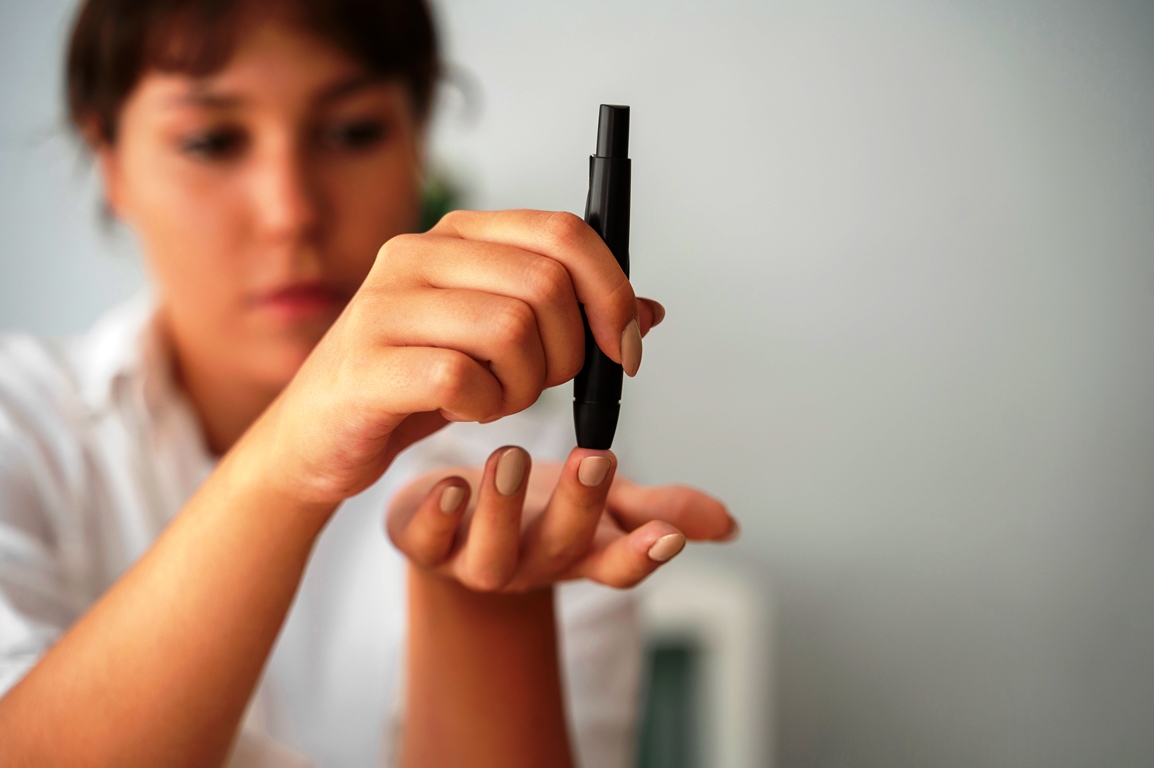Contents
- 1 Understanding Insulin Resistance and Its Impact on Health
- 2 1. What Is Insulin Resistance?
- 3 2. Why Does Insulin Resistance Happen?
- 4 3. Which Behaviors Increase Insulin Resistance Risk?
- 5 4. Complications of Untreated Insulin Resistance
- 6 5. How to Reverse Insulin Resistance Naturally
- 7 You Can Take Control!
Understanding Insulin Resistance and Its Impact on Health
If you’re struggling with obesity, diabetes, or prediabetes, insulin resistance is likely one of the root causes. This silent condition affects millions of people and, if left unchecked, can lead to serious complications like blindness, kidney disease, heart attacks, and strokes.
In this article, we’ll cover everything you need to know about:
What insulin resistance is and why it happens
Behaviors that increase your risk
How complications develop (eyes, kidneys, heart, brain, nerves)
How to reverse it naturally and control blood sugar
We’ll also address trending Google searches, including:
Skin tags and their link to insulin resistance
Weight-loss medications like Zepbound and Tirzepatide (GLP-1)
Low-glycemic diets for weight loss and diabetes prevention
Let’s start with the core concept:
1. What Is Insulin Resistance?
Insulin resistance occurs when your body’s cells stop responding properly to insulin, the hormone that regulates blood sugar.
How Insulin Works in a Healthy Body
You eat carbs → they turn into glucose (blood sugar).
The pancreas releases insulin, which acts like a key, allowing glucose to enter cells for energy.
What Happens with Insulin Resistance?
Cells ignore insulin → glucose can’t get in.
The pancreas produces more insulin to compensate → insulin levels rise.
Over time, the pancreas burns out → blood sugar rises → prediabetes and type 2 diabetes.
2. Why Does Insulin Resistance Happen?
Several factors contribute, but the main ones are:
Excess Visceral Fat (Belly Fat)
Abdominal fat releases inflammatory chemicals that block insulin’s action (Source: American Diabetes Association).
High-Sugar and Refined Carb Diet
White bread, white rice, sweets → blood sugar spikes → worsens insulin resistance.
Sedentary Lifestyle
Active muscles burn glucose efficiently → lack of exercise makes resistance worse.
Poor Sleep and Chronic Stress
High cortisol (stress hormone) raises blood sugar.
Genetics and Family History
People with diabetic parents have a higher risk
Activate GLP-1 (lose weight) naturally – Supplement to Activate Metabolism. Here!
3. Which Behaviors Increase Insulin Resistance Risk?
| Risk Factor | Effect on the Body |
|---|---|
| Excess sugar intake | Overworks the pancreas, leading to beta-cell fatigue |
| Processed food diet | Trans fats and additives worsen inflammation |
| Lack of exercise | Reduces insulin sensitivity in muscles |
| Sleep deprivation | Increases cortisol and hunger hormone (ghrelin) |
| Chronic stress | Raises adrenaline and blood sugar |
4. Complications of Untreated Insulin Resistance
If insulin resistance isn’t managed, it can progress to type 2 diabetes and cause severe organ damage.
Eye Complications: Diabetic Retinopathy
What happens?
High blood sugar damages retinal blood vessels.
Can cause blurred vision, dark spots, and blindness.
Prevention:
Tight blood sugar control (A1C < 7%).
Annual eye exams.
Kidney Complications: Diabetic Nephropathy
Stages of kidney disease:
Microalbuminuria (small protein leaks in urine).
Macroalbuminuria (severe protein loss → kidney failure risk).
Warning signs:
Swollen legs.
High blood pressure.
Heart Complications: Heart Attack & Heart Failure
Insulin resistance raises bad cholesterol (LDL) and clogs arteries.
2x higher heart attack risk in diabetics (Source: American Heart Association).
Brain Complications: Stroke
High blood sugar damages brain blood vessels, increasing ischemic or hemorrhagic stroke risk.
Nerve Complications: Diabetic Neuropathy
Symptoms:
Tingling in hands/feet.
Numbness (cuts that don’t heal → amputation risk).
Veracity Metabolism Ignite – Boosts GLP-1 to Reduce Appetite – SEE HOW!
5. How to Reverse Insulin Resistance Naturally
Low-Glycemic Diet
Eat more:
Proteins: Eggs, fish, chicken.
Healthy fats: Avocado, olive oil, nuts.
Complex carbs: Broccoli, lentils, sweet potatoes.
Exercise (Strength Training + Cardio)
30 minutes daily improves insulin sensitivity in just 2 weeks (Source: Journal of Applied Physiology).
Intermittent Fasting (12-16 hours)
Lowers baseline insulin and boosts fat burning.
Medications (If Needed): GLP-1 (Zepbound, Tirzepatide)
How they work:
Increase fullness.
Improve blood sugar control.
Side effects: Nausea (usually temporary).
You Can Take Control!
Insulin resistance isn’t a life sentence. With diet changes, exercise, and medical guidance, you can:
Lower diabetes risk.
Prevent severe complications (blindness, heart disease, stroke).
Lose weight sustainably.
Start today! Small steps make a big difference over time.
Want a personalized plan? Comment below!





